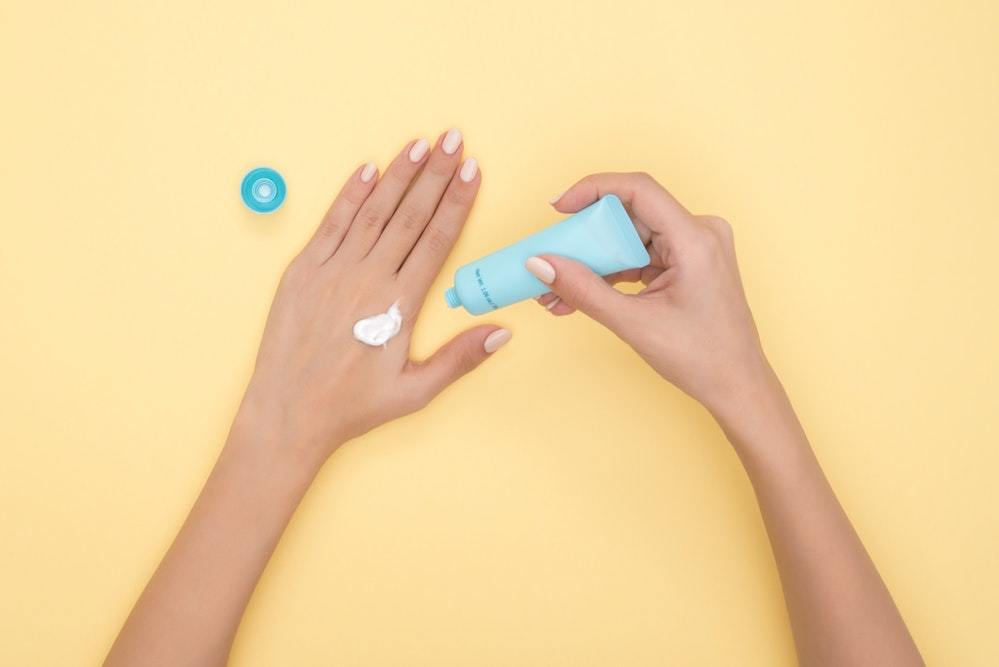
Pexels
Despite a recent study which concluded that sunscreen enters the bloodstream after just one day of use, experts are urging the public to continue using sunscreen.
The study, conducted by the U.S. Food and Drug Administration and published in the medical journal JAMA, states that four common sunscreen ingredients can enter the bloodstream at high levels.
The four ingredients, according to the study, are avobenzone, oxybenzone, octocrylene, and ecamsule.
“I'm glad it was published, but there there's some variables in the study which need to be addressed prior to anybody taking any action,” David Gortler, professor of pharmacology and a former FDA official, said.
Gortler said avoiding sunscreen can lead to eventually having wrinkles, skin cancer and other long-term damage, so people shouldn’t stop using sunscreen after reading the study.
“They say it was absorbed a little bit more than they thought, but it doesn't give any reason whatsoever to stop using a sunscreen,” Gortler said.
According to Gortler, one of the shortcomings in the study is that it doesn’t say where the drug was applied on the body.
“All it says is 75 percent of the area that was not covered by a swimsuit,” Gortler said. “There's a big difference between say the skin on the back of your hand, which is very thin, and for instance the skin on your upper and mid back, which is much thicker.”
Gortler added that it’s important to consider the difference between men’s and women’s swimsuits.
“Women's swimsuits tend to cover a larger surface area than guy’s swimsuit and so the 75 percent could be highly variable,” Gortler said.
Gortler added that the standard of care is to apply sunscreen 30 minutes prior to going outside and and to reapply it at least every three hours.
“The people who you see at the beach who are applying sunscreen in real time as they're sitting there, they're doing it wrong,” Gortler said. “You need to apply it before you leave your house, before you get in your car and before you hit beach. The bottom line is any kind of sunscreen is still the standard of recommendations for health care providers everywhere.”




